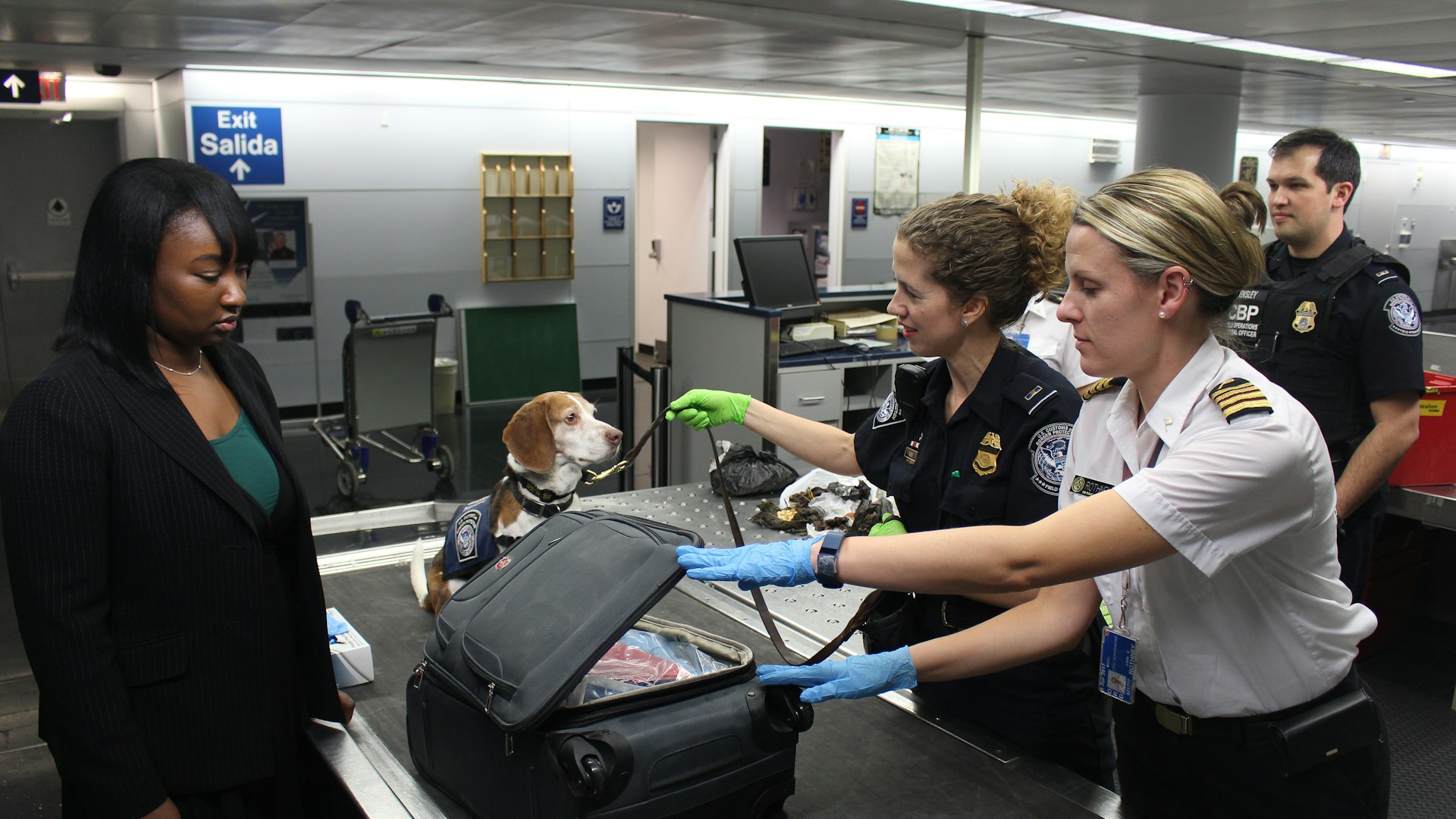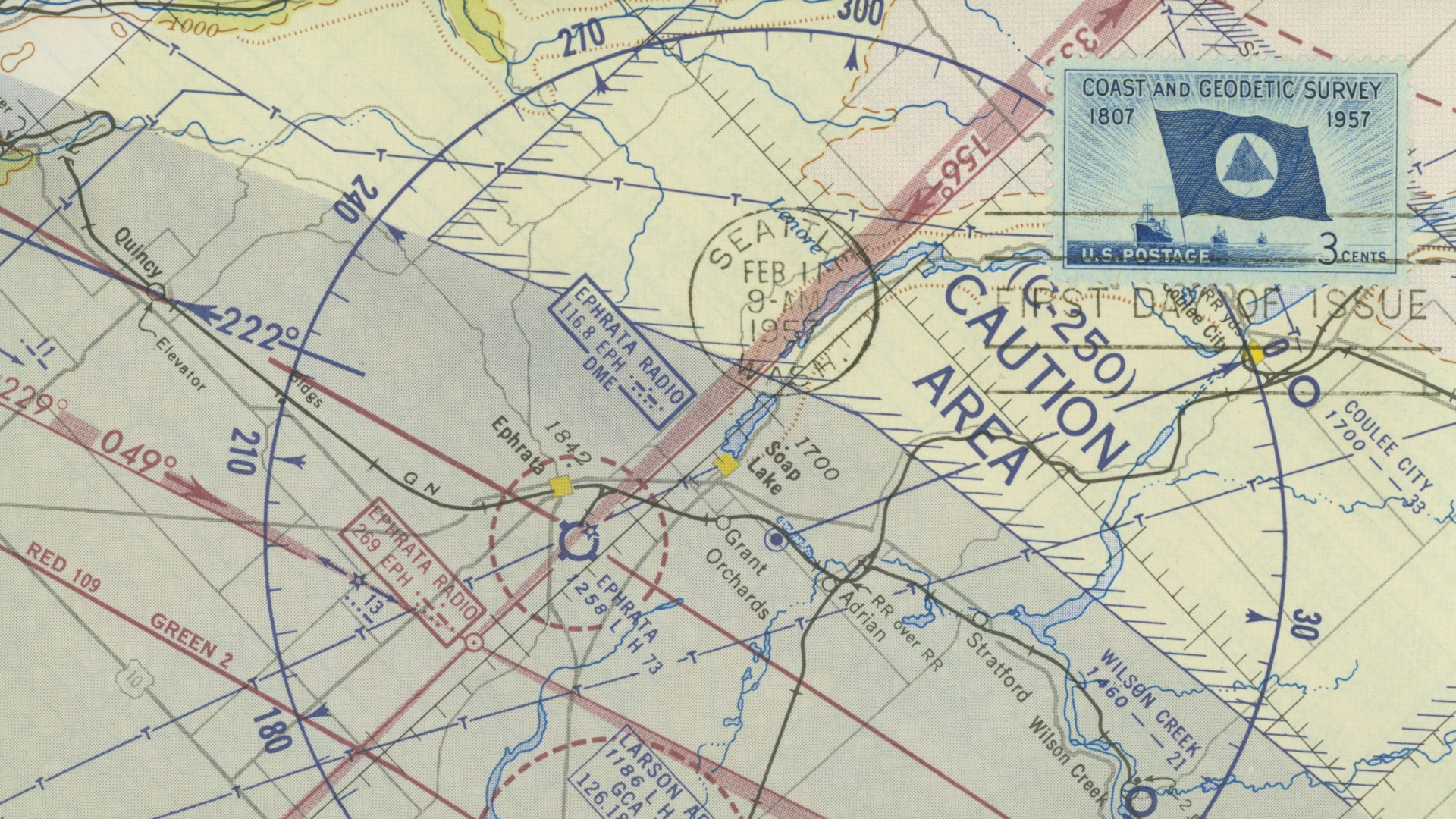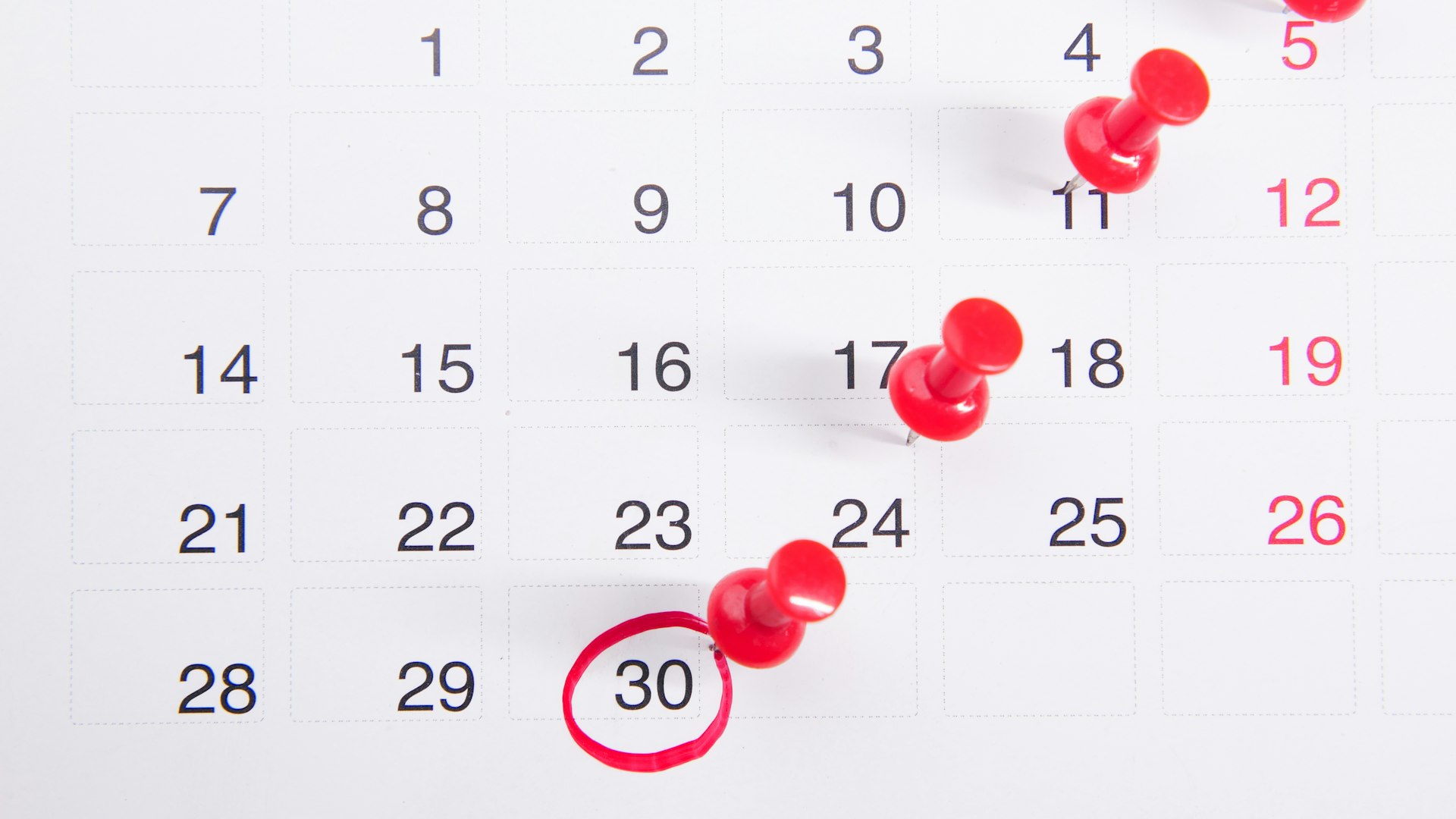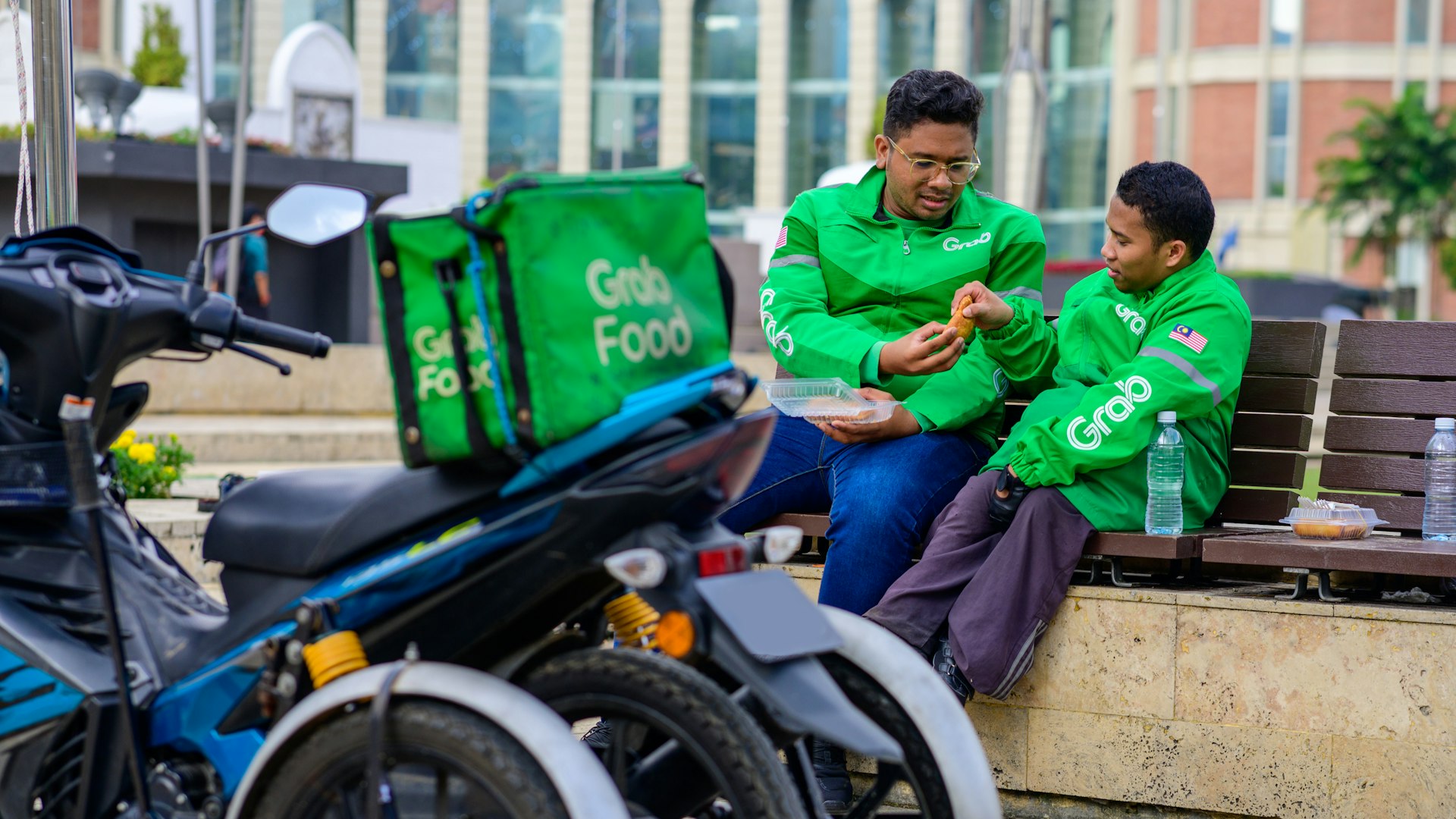Introduction As a business owner in Melbourne, understanding the nuances of local SEO is akin to finding a hidden treasure map that leads directly to your customers’ doorsteps. In the digital age, where the internet is the first port of call for consumers seeking products or services, ensuring your business is visible in local search […]
As a business owner in Melbourne, understanding the nuances of local SEO is akin to finding a hidden treasure map that leads directly to your customers’ doorsteps. In the digital age, where the internet is the first port of call for consumers seeking products or services, ensuring your business is visible in local search results is not just beneficial; it’s imperative. Local SEO is the process of optimising your online presence to attract more business from relevant local searches. These searches take place on Google and other search engines, which means that if you’re not optimised for local SEO, you’re missing out on a significant amount of potential business.
The statistics speak for themselves. According to a recent study, a staggering 46% of all Google searches are seeking local information. Furthermore, 88% of searches for local businesses on a mobile device either call or visit the business within 24 hours. This data underscores the fact that local SEO is not just a cog in the digital marketing machine but a critical component for any business looking to thrive in the Melbourne market. The trend is clear: local search is not only growing but is also converting at an exceptionally high rate.
To illustrate the burgeoning importance of local SEO, let’s consider the following table, which contrasts the growth in local search queries over the past few years:
| Year | Local Search Queries in Melbourne | Year-on-Year Growth |
|---|---|---|
| 2019 | 1.2 Million | – |
| 2020 | 1.5 Million | 25% |
| 2021 | 1.9 Million | 26.7% |
| 2022 | 2.4 Million | 26.3% |
The table above clearly demonstrates a consistent upward trajectory in local search queries, highlighting the growing opportunity for businesses in Melbourne to capture a larger share of their local market. This is where local SEO becomes a game-changer, as it allows businesses to position themselves prominently in local search results, thereby increasing their visibility to potential customers who are actively seeking their services or products.

In conclusion, the digital landscape is evolving, and local SEO is at the forefront of this evolution. For Melbourne business owners, investing time and resources into local SEO is not just a smart strategy; it’s a critical move to stay relevant and competitive in a market that is increasingly driven by local online searches. The data is clear, the trends are undeniable, and the opportunity is knocking. It’s time to answer the call and harness the power of local SEO to propel your business to new heights.
Local SEO, or local search engine optimization, is a strategic process that focuses on enhancing a business’s visibility in local search engine results. When I say local search results, I’m referring to the queries that are tied to geographic location. For instance, when a user searches for “best coffee shop near me” or “Melbourne plumbers,” the search engine understands that the intent is to find businesses or services within a specific area. By optimizing for local SEO, businesses ensure that their services appear at the top of these geographically related searches, which are often the final step before a customer decides to make a purchase or book a service.
The importance of local SEO for Melbourne businesses cannot be overstated. With the city’s bustling economy and diverse population, local SEO provides a direct channel to connect with customers who are in immediate need of services or products. It’s about being visible in the moments that truly matter—the moments when potential customers are searching for a business like yours. A strong local SEO strategy can lead to increased foot traffic, higher conversion rates, and ultimately, a more robust bottom line.
To put this into perspective, let’s delve into some compelling statistics. A recent survey revealed that 78% of local-mobile searches result in offline purchases. This is a clear indication that local SEO efforts have a direct impact on in-store sales. Moreover, 72% of consumers who performed a local search visited a store within five miles of their location. This proximity factor is a significant advantage for local businesses, as it drives spontaneous decisions and purchases by consumers who are nearby and ready to buy.
The following table outlines the differences between general SEO and local SEO, highlighting why the latter is essential for businesses operating in Melbourne:
| SEO Type | Focus | Target Audience | Result Type |
|---|---|---|---|
| General SEO | Global or national reach | Broad audience | Generic search results |
| Local SEO | Local area or specific location | Local community and nearby customers | Location-based search results |
The table clearly shows that local SEO is tailored to the community level, targeting individuals who are in the vicinity and actively seeking services or products that your business offers. This level of specificity is what makes local SEO an indispensable tool for Melbourne businesses. It’s not just about being seen; it’s about being seen by the right people at the right time.

In essence, local SEO is about tapping into the local market by ensuring that your business is optimally positioned in search results. It’s a targeted approach that aligns with the modern consumer’s preference for quick, convenient, and local solutions. For Melbourne businesses, local SEO is not just a marketing strategy; it’s a vital component of their digital presence that can make the difference between being a market leader or being left behind.
The cornerstone of any successful local SEO strategy is thorough and effective keyword research. Identifying the right local keywords for your Melbourne business is akin to unlocking the language your potential customers use when they’re searching for your products or services. It’s not just about what you offer, but how people in Melbourne are searching for it. For instance, a cafe in Melbourne CBD should not only target generic terms like “best coffee” but also “best coffee in Melbourne CBD” or “Melbourne CBD espresso bar.”
To embark on this crucial step, you’ll need to utilise a combination of tools and techniques. Google’s Keyword Planner is a great starting point, as it allows you to filter keyword searches based on location, giving you a glimpse into the search volume and competition for specific terms within Melbourne. Additionally, tools like SEMrush and Ahrefs offer more advanced insights, including keyword difficulty and the potential for organic search traffic.
However, tools alone won’t suffice. You must also dive into the search habits of Melburnians. This involves analysing local slang and terminologies, understanding seasonal trends, and even keeping an eye on local events that might influence search behaviour. For example, during the Melbourne Cup, there might be an uptick in searches for “Melbourne Cup events” or “Melbourne Cup fashion.” By anticipating and incorporating these terms into your local SEO strategy, you can capture a highly engaged audience.
Here’s a table that illustrates the difference between a general keyword and a localised keyword, along with their respective search volumes in Melbourne:
| Keyword Type | Keyword Example | Monthly Search Volume in Melbourne |
|---|---|---|
| General Keyword | “Best coffee” | 3,600 |
| Localised Keyword | “Best coffee in Melbourne CBD” | 1,200 |
The table demonstrates the importance of localising your keywords to align with the specific search queries of your target audience in Melbourne. While the search volume for localised keywords may sometimes be lower, the intent behind these searches is often stronger, leading to higher conversion rates.

In summary, local keyword research is a meticulous process that requires both analytical and creative thinking. By understanding the local language and search patterns, and using the right tools to gather data, you can create a list of targeted keywords that will serve as the foundation of your local SEO efforts. Remember, it’s not just about being found; it’s about being found by the right people in the right place – and that’s what local keyword research is all about.
Once you’ve identified your local keywords, the next step is to weave them into the very fabric of your website’s design. A locally optimised website design doesn’t just mean sprinkling location-based terms throughout your content; it means creating an experience that resonates with the local Melbourne audience. This involves incorporating local landmarks or cultural nuances into your imagery, ensuring that your contact information is easily accessible and that your location pages are rich with localised content.
A critical aspect of local website design is ensuring that your site is mobile-responsive. With the majority of local searches conducted on mobile devices, a website that isn’t optimised for mobile is like a shop with its doors half-closed. Google’s mobile-first indexing means that your mobile site’s performance now directly affects your search rankings. Therefore, a mobile-responsive design is not just about aesthetics; it’s a crucial factor in your local SEO success.
To illustrate the impact of mobile responsiveness on local SEO, consider the following statistics: 61% of users are unlikely to return to a mobile site they had trouble accessing, and 40% visit a competitor’s site instead. Moreover, mobile searches for “where to buy” + “near me” have grown by over 200% in the past two years. These figures highlight the importance of a mobile-friendly website in capturing and retaining the attention of local customers.
Here are some practical tips for creating a locally optimised website design:
The following table compares key elements of a website before and after a local optimisation redesign:
| Website Element | Before Local Optimisation | After Local Optimisation |
|---|---|---|
| Mobile Responsiveness | Non-responsive design | Mobile-responsive with touch-friendly navigation |
| Local Content | Generic content with no local references | Rich local content with references to Melbourne landmarks and culture |
| NAP Consistency | Inconsistent or hard to find contact details | Consistent NAP details across all pages |
| Imagery | Stock images with no local relevance | Custom images showcasing the business and local area |
| Schema Markup | No schema or incorrect usage | Correct local business schema markup implemented |
By following these tips and making the necessary changes to your website design, you can create a strong local presence online that not only appeals to search engines but also to your Melbourne audience. Remember, a website that’s optimised for local SEO is more than just a digital business card; it’s a dynamic platform that connects you with the local community and drives business growth.

A local website audit is a meticulous examination of your site’s current standing in terms of local SEO. It’s a crucial step that helps you pinpoint exactly where your site is excelling and where it’s falling short. Conducting a comprehensive local website audit for your Melbourne business involves assessing various elements, including on-page and off-page factors, technical SEO, and local listings. The goal is to identify any issues that could be hindering your local search performance and to develop a clear action plan to address them.
The audit process begins with a thorough review of your website’s structure and content. Are your location pages optimised with relevant keywords? Is your site’s metadata accurately reflecting your local offerings? These are the types of questions you’ll need to answer. Additionally, you’ll want to ensure that your site is mobile-friendly, loads quickly, and provides a seamless user experience – all factors that significantly impact your local search rankings.
Another critical component of the local website audit is evaluating your local business listings and citations. Consistency is key here; your business’s name, address, and phone number (NAP) must be uniform across all platforms. Discrepancies can confuse search engines and potential customers alike, leading to a loss in local search visibility. Furthermore, you should assess your backlink profile to ensure that you’re gaining links from reputable, local sources, as this strengthens your site’s local authority.
Here’s a checklist of common local SEO issues to identify and fix during your audit:
To help visualise the audit process, consider the following table that contrasts the status of a website before and after a local SEO audit:
| Aspect | Status Before Audit | Status After Audit |
|---|---|---|
| NAP Consistency | Inconsistent across various platforms | Uniform and accurate across all listings |
| Local Keywords | Under-optimised or misaligned with search intent | Strategically placed and reflecting local search behaviour |
| Mobile Responsiveness | Non-responsive design leading to poor user experience | Optimised for mobile with fast loading times |
| Local Backlinks | Few backlinks from local sources | Strong backlink profile with relevant local links |
| Google My Business | Profile incomplete or not regularly updated | Fully optimised and actively managed |
By systematically addressing each item on the audit checklist, you can ensure that your website is fully optimised for local search. This not only boosts your visibility in Melbourne’s competitive market but also enhances the overall experience for your local customers. A well-executed local website audit is a powerful tool that can lead to significant improvements in your local SEO performance.

After conducting a thorough local website audit, the next pivotal step is to enhance your website’s optimization. This involves a two-pronged approach focusing on both on-page and off-page elements. On-page optimization refers to the strategies applied directly within your website to improve its position in the search rankings. This includes optimizing your content with local keywords, ensuring your title tags and meta descriptions are compelling and locally focused, and structuring your site with local Melbourne schema markup to provide search engines with detailed information about your business.
Off-page optimization, on the other hand, involves external factors that influence your site’s reputation and authority. This includes building a robust backlink profile with links from reputable local sources, managing local business listings, and engaging in local community events that could lead to mentions and links. Both on-page and off-page optimizations are essential for reinforcing your local online presence and credibility, which are critical for local search engine rankings.
Site speed and user experience are also paramount for local rankings. Search engines, particularly Google, place a high emphasis on the user experience, which includes how quickly your pages load. A slow-loading site can lead to a high bounce rate, as users are likely to lose patience and leave. This not only affects user satisfaction but also your site’s ability to rank well in local search results. In fact, statistics show that a one-second delay in page load time can result in a 7% reduction in conversions.
Here are some strategies to enhance your local website optimization:
To demonstrate the impact of site speed on local search rankings, consider the following graph:

The graph illustrates a clear correlation between faster loading times and higher local search rankings. By prioritizing site speed and user experience, you not only cater to the needs of your local Melbourne audience but also signal to search engines that your site is worthy of a top spot in local search results. Enhancing your local website optimization is a continuous process, but by implementing these strategies, you’ll be well on your way to achieving and maintaining high local visibility.
Building and optimising local business listings and citations is a vital step in bolstering your local SEO efforts. Citations, which are mentions of your business name, address, and phone number on other webpages, are a key ranking factor for local SEO. They enhance your online visibility and help search engines verify the accuracy of your business information, thus boosting your credibility and rankings in local search results.
The first step in this process is to ensure your business is listed on major platforms such as Google My Business, Bing Places for Business, and Yelp. These listings not only increase your visibility but also provide platforms for customers to leave reviews, which can further influence your local search rankings. It’s crucial to maintain consistency in your business information across all platforms to avoid confusion and to ensure that search engines can easily associate all citations with your business.
Beyond the major platforms, you should also seek out local directories and websites specific to Melbourne or your industry. Being listed on these sites can drive targeted traffic to your website and improve your local search presence. When building citations, it’s important to focus on the quality and relevance of the directories you choose. A citation from a well-respected Melbourne event site, for example, can be more valuable than a listing on a generic, low-quality directory.
Here are some best practices for local citation building:
To help you visualise the distribution of local business listings in Melbourne, the following image provides a map pinpointing various local listings across the city:

By taking a strategic approach to building and optimising your local business listings and citations, you can significantly enhance your local SEO profile. This not only helps potential customers find accurate information about your business but also signals to search engines that your business is a prominent fixture in the Melbourne community. As a result, you’re more likely to appear in local search results when customers are looking for the products or services you offer.
Acquiring high-quality local backlinks is an essential component of a robust local SEO strategy. Backlinks, or inbound links from other websites to your own, are a strong signal to search engines of the relevance and authority of your site. For local businesses in Melbourne, it’s not just the quantity of backlinks that matters, but the quality and locality of those links. A backlink from a well-regarded Melbourne-based site can significantly boost your local search rankings more than a link from an unrelated or non-local source.
One effective technique for acquiring local backlinks is to engage with the community and participate in local events. This could involve sponsoring a local sports team, hosting a community event, or partnering with other local businesses for cross-promotions. Each of these activities can lead to natural and valuable backlinks from local organisations’ websites, local news outlets, and event listings, all of which reinforce your local presence to search engines.
Another strategy is to create valuable local content that other Melbourne-based sites want to link to. This could be a well-researched article on the history of a Melbourne suburb, a guide to the local art scene, or an infographic with interesting statistics about the city. By creating content that is both informative and locally relevant, you increase the likelihood of earning backlinks from local publishers, bloggers, and businesses.
Here are some actionable steps to implement local link building strategies:
To help you visualise the process of a local link building campaign, the following flowchart outlines the key steps involved:

By following these techniques and leveraging your community relationships, you can build a strong portfolio of local backlinks that not only improves your SEO but also connects you more deeply with the Melbourne community. Local link building is about fostering relationships and creating a network of local support, which in turn strengthens your online presence and drives local business success.
Engaging in local content marketing is a powerful way to connect with a Melbourne audience and enhance your local SEO efforts. Content marketing is all about creating and sharing valuable, relevant, and consistent content to attract and retain a clearly defined audience — and, ultimately, to drive profitable customer action. For local businesses, this means crafting content that not only appeals to the interests and needs of the local community but also highlights your expertise and involvement in the Melbourne area.
To create content that resonates with a Melbourne audience, consider focusing on topics that are locally relevant and of interest to the community. This could include coverage of local events, features on Melbourne landmarks, or advice columns that address local issues or trends. For example, a Melbourne cafe might publish a blog post about the best bike routes in the city for cyclists to explore on a weekend, followed by a relaxing coffee at their establishment. This not only provides value to the reader but also ties the business to a local activity and location.
The role of content marketing in local SEO cannot be overstated. Quality content can lead to increased engagement, social shares, and backlinks, all of which are signals to search engines that your site is a credible and authoritative source within the Melbourne community. Moreover, by incorporating local keywords and phrases into your content, you can further optimise your site for local search queries.
Here are some content ideas to consider for your local content marketing strategy:
To help you plan and organise your local content marketing efforts, a content calendar is an invaluable tool. It allows you to schedule posts around local events, holidays, and seasonal trends, ensuring that your content is timely and relevant. The following image provides an example of a content calendar with local event-based content ideas:

By engaging in local content marketing and creating content that speaks directly to the Melbourne audience, you can significantly improve your local SEO performance. Not only does this approach help to establish your business as a local authority, but it also fosters a sense of community and connection with your audience. In the competitive Melbourne market, a strong local content marketing strategy can be the difference that sets your business apart.
In today’s fast-paced digital world, mobile optimization is not just a recommendation; it’s a necessity, especially when it comes to reaching local customers in Melbourne. The importance of optimizing for local mobile users stems from the fact that a significant portion of local searches are performed on mobile devices. These users are often on the go, seeking immediate information, and are ready to take action. A mobile-friendly website ensures that you can effectively engage with these potential customers, providing them with a seamless experience that encourages them to visit your business.
Mobile optimization involves designing your website to be responsive and easy to navigate on a smaller screen. This includes using large, legible fonts, ensuring that buttons and links are easy to click, and minimizing the need for zooming or horizontal scrolling. Additionally, mobile-optimized sites should load quickly, as mobile users have a lower tolerance for slow-loading pages. According to Google, 53% of mobile site visits are abandoned if pages take longer than three seconds to load.
Here are some tips for improving the mobile user experience for your Melbourne audience:
To underscore the significance of mobile optimization for local searches in Melbourne, the following graph provides mobile usage statistics that highlight the growing trend of mobile search usage in the area:

The graph illustrates a clear upward trend in mobile search usage, emphasizing the critical role that mobile optimization plays in connecting with local customers. By ensuring that your website is optimized for mobile users, you not only improve the user experience but also enhance your visibility in local search results. This is a key step in attracting more Melbourne customers and staying competitive in the local market.
Managing your local online reputation is a critical aspect of local SEO, particularly in a close-knit community like Melbourne. Your online reputation can be the deciding factor for customers choosing between your business and a competitor. Positive reviews and customer feedback not only enhance your credibility but also contribute to your local search rankings. Conversely, negative reviews, if not managed properly, can damage your reputation and deter potential customers.
A proactive approach to reputation management involves regularly monitoring your online presence, responding to reviews promptly, and encouraging satisfied customers to share their positive experiences. It’s important to handle both positive and negative feedback with professionalism and a customer-focused attitude. Acknowledging and thanking customers for positive reviews shows appreciation and reinforces their positive feelings towards your business. Addressing negative reviews with empathy and a willingness to resolve issues can often turn a dissatisfied customer into a loyal advocate.
Here are some strategies for effective local reputation management:
To help you keep track of your online reputation, consider using a reputation management dashboard. Such a tool can aggregate reviews from various platforms, allowing you to respond quickly and efficiently. The following image shows an example of a reputation management dashboard that highlights local customer reviews:

By actively managing your local online reputation, you can build trust with your Melbourne customers and create a positive image for your business. This not only influences customer decisions but also signals to search engines that your business is reputable and trustworthy, further boosting your local SEO efforts. In the digital age, a strong online reputation is an invaluable asset for any local business.
In the realm of local SEO, social media marketing is a potent tool for enhancing brand visibility and engaging with a local Melbourne audience. Social media platforms offer a unique opportunity to connect with customers in a more personal and interactive way. By leveraging these platforms, you can showcase your brand’s personality, share local news and events, and even provide customer service in real-time. The key to success in local social media marketing is to create content that is relevant to the Melbourne community, encouraging shares and discussions that can lead to increased local brand awareness.
To effectively use social media for local brand visibility, it’s important to identify the platforms where your target audience is most active. Whether it’s Facebook, Instagram, Twitter, or LinkedIn, each platform has its own strengths and can be used to achieve different objectives. For example, Instagram is ideal for sharing visually appealing content such as images of your products or services, while Twitter can be great for quick updates and engaging in conversations about local events or topics.
Let’s explore some case studies of successful local social media campaigns. A Melbourne cafe might launch a campaign using Instagram stories to showcase their participation in a local food festival, including behind-the-scenes preparations and live updates during the event. This not only promotes the festival but also positions the cafe as an active member of the local food community. Another example could be a Melbourne-based clothing retailer using Facebook to run a contest encouraging customers to share photos of themselves wearing the brand’s clothing at iconic Melbourne locations, thus creating user-generated content that promotes both the brand and the city.
Here are some actionable steps to leverage local social media marketing:
To illustrate the effectiveness of local social media marketing, the following image provides an analytics report of a local social media marketing campaign’s performance, showcasing metrics such as engagement rates, reach, and conversion:

By leveraging local social media marketing, you can create a strong online presence that resonates with the Melbourne community. This not only helps to increase your local brand visibility but also contributes to a more robust local SEO strategy. Social media is a dynamic and interactive platform that, when used effectively, can significantly enhance your engagement with local customers and drive business growth.
Optimizing your Google My Business (GMB) profile is a pivotal step in enhancing your local SEO, especially in a competitive market like Melbourne. A well-optimized GMB profile can significantly increase your business’s visibility in local search results and on Google Maps, making it easier for customers to find and choose your services over others. It serves as a crucial touchpoint for potential customers, providing them with essential information about your business at a glance.
To optimize your GMB profile, start by claiming and verifying your business listing. This process confirms that you are the rightful owner of the business and allows you to manage the information that Google users see. Once verified, ensure that all your business information is accurate and complete, including your business name, address, phone number, and operating hours. It’s also important to select the correct business category and attributes that best describe your business and services.
Here’s a step-by-step guide to Google My Business optimization:
The impact of a well-optimized GMB profile on local search engine optimization is substantial. It not only helps improve your local search rankings but also enhances user engagement. Customers are more likely to visit businesses with complete and informative GMB profiles. In fact, according to Google, businesses with photos on their listings receive 42% more requests for driving directions on Google Maps and 35% more click-throughs to their websites than businesses without photos.
To illustrate what a well-optimized Google My Business listing looks like, the following image provides an example that includes all the key elements for success:

By meticulously optimizing your Google My Business profile, you can significantly enhance your local online presence. This not only aids in attracting more customers in Melbourne but also contributes to building a trustworthy and authoritative image for your business. In the digital landscape, a fully optimized GMB profile is an invaluable asset for any local business looking to thrive.
Mastering local SEO in Melbourne is a multifaceted journey that requires dedication, strategy, and a deep understanding of your local audience. We’ve traversed through the essential steps, from conducting thorough local keyword research to optimizing your Google My Business profile. Each step is a building block towards establishing a robust local online presence, enhancing your visibility in local search results, and connecting with the Melbourne community.
The path to local SEO success involves optimizing your website design for local users, performing regular local website audits, and building a strong network of local citations and backlinks. Engaging in local content marketing and managing your online reputation are also key to demonstrating your authority and relevance to both search engines and customers. Moreover, leveraging social media to amplify your local brand and ensuring your website caters to the mobile-first world are indispensable in today’s digital landscape.
Implementing these strategies can lead to significant business growth. By enhancing your local SEO, you’re not just improving your search engine rankings; you’re also building trust and establishing a lasting relationship with your Melbourne customers. The journey doesn’t end here, though. Local SEO is an ongoing process that requires you to stay updated with the latest trends and algorithm changes, continually refining your approach to stay ahead of the competition.
The following success graph illustrates the potential impact of a well-executed local SEO strategy on your search rankings. It’s a visual representation of the growth that awaits businesses that commit to optimizing their local SEO efforts.

As you embark on this journey, remember that each step you take is an investment in the future of your business. The digital world is ever-evolving, and by embracing local SEO, you’re positioning your business to thrive in the heart of Melbourne. So, take these strategies, apply them with care, and watch as your business reaches new heights in the local market.
To further your knowledge and expertise in local SEO, it’s important to have access to the right resources and tools. Whether you’re looking to deepen your understanding of SEO principles or stay abreast of the latest industry trends, there’s a wealth of information available. Below, you’ll find a curated list of resources that include insightful articles, comprehensive guides, and powerful tools that can help you refine your local SEO strategy for your Melbourne business.
For those who prefer a more hands-on approach, engaging with professional SEO services in Melbourne can provide tailored support and guidance. These experts can offer personalised strategies and solutions that align with your business goals and the unique aspects of the Melbourne market.
Here are some valuable resources and tools for local SEO:
If you’re seeking professional assistance, here’s the contact information for a reputable SEO service provider in Melbourne:
Melbourne SEO ServicesThe image below showcases a collection of SEO resource book covers and tool logos, providing a visual representation of the various resources available to enhance your local SEO efforts.
